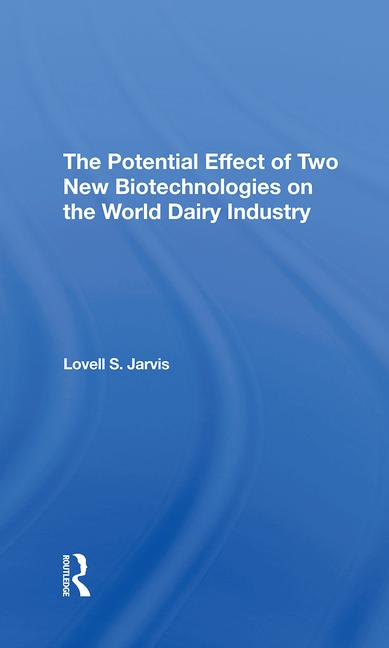Insights: It's Not Just the Carbs

Remember fat? Remember obesity? Remember trans-fatty acids? These one-time Grand Marshalls are all still lined up right behind today's leader.
Is the issue of low-carbs just a fad or is all of today's hoopla the beginning of a trend? The jury is still out, but I see some long-term effects in the making.
Thank you Dr. Atkins, the father of low-carbohydrate dieting, and Dr. Agatston, of South Beach Diet fame, for promoting low-carbs to their leadership position in the dieting parade. But the issue of low-carbs didn't really get traction until several "obesity" lawsuits arrived on the scene during the past couple of years.
Now, low-carbohydrate foods or reduced-carbohydrate foods are the darlings of the media and of food manufacturers and of foodservice operators. Hundreds of naturally low-carb foods are being repositioned and hyped. Hundreds more foods are being reformulated and launched as reduced-carbohydrate products. Foodservice operators are serving up low-carbohydrate menu options and complete menus.
There are; however, a couple things that should be remembered:
- The Food and Drug Administration has not decided what constitutes a "low-carb" food. However, the agency is taking a look at claims on labels and guidelines are expected later this year. Some claimants could end up with egg on their face.
- If foods reformulated to be reduced- or low-carbohydrate have a track record like foods reformulated to be reduced- or low- or non-fat, there will be a lot of costly and colossal failures.

Is low-carbohydrate dieting a fad or trend? Will low-carbs be the Grand Marshall for months, years or decades? You be the judge.
What ever nutritional-diet issue garners the Grand Marshall's job, I think we need to be prepared for the bigger picture. Nutritionists, government agencies, food police, media and consumers talked about fat for a long, long time before we saw much of a response from the food business. In comparison, the discussion about low-carbohydrate dieting was on the table about a nanosecond before reformulated products started rolling off the assembly line and menu boards got a face lift.
Part of this near-instant response was food businesses looking for an excuse to create new products in an effort to increase sales in an otherwise stagnant business.
But a bigger part of the response was the recognition that consumers are getting more sophisticated about the foods that they eat. Albeit slowly, but less slowly than a few years ago.
Food fads will come and go, but good nutrition is here to stay. Dairy foods are an important part of a nutritious diet and now we have a weight loss story to tell. Don't get too tantalized by the current Grand Marshall (whomever that might be), but keep your eye on every issue in the nutrition parade.
Looking for a reprint of this article?
From high-res PDFs to custom plaques, order your copy today!





